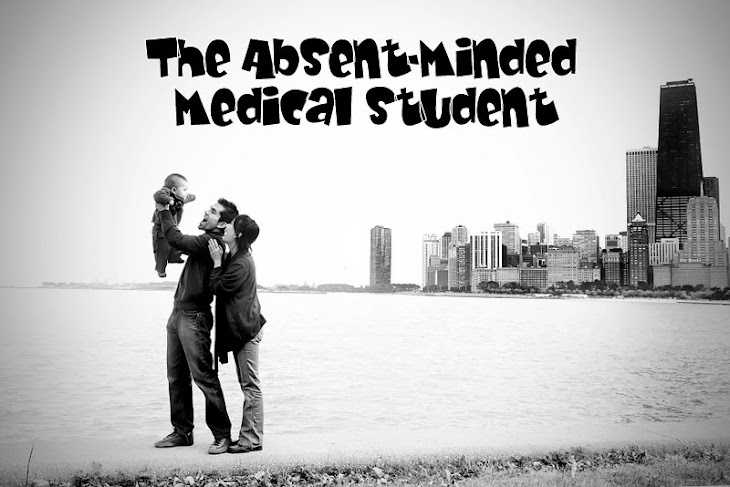I have returned from Atlanta. It was a whirlwind tour, but awesome. The whole thing was paid for, first of all. I flew to Atlanta and with a delayed flight arrived just in time to iron my clothes and gather in the lobby of the hotel.
The first thing I can say is that all the interviewees are nice. Not just nice, but more than half were that kind of super-nice that just kind of emanates from people. In general, people in public health are super nice people. You might think that is obvious, but I remember going to a meeting for medical students around the Chicago area who were interested in working for change to help underserved populations through political activitism. A lot of the kids there were insane. Their language was terrible, just full of curse words, and having faith in a religion was some kind of evil that had to be rooted out. So very different personalities for people working towards a similar goal.
We were given a super nice dinner at supposedly famous restaurant in Atlanta. We met the current fellows working at the CDC. I happened to sit across from the head of the CDC's education department and was learning about how most people end up in the CDC. What I learned was most go through a medicine or pediatrics residency then are trained at the EIS (Epidemic Intelligence Service), a 2 year training period at the CDC. After that, they often join straight up at the CDC. I also found some CDC physicians still hold clinics to keep their skills hones, which is really cool. Some also do infectious disease or cardiology or whatever fellowships before.
We then had a little party with all the applicants and current fellows, where we were able to ask about housing, every day schedules, free time, etc. I've been going to bed at 9pm lately, so that was a little painful, but useful.
The interview: There were originally 59 applications. 18 were invited to interview, with all 18 accepting. There were supposed to be 8 spots, but due to some extra funding, 9 spots are available this year. There were 13 different projects. Since only 8-9 get students as free workers for their team, they were also competing to get students. So we had this process of each project interviewing a student and both of us trying to find out about the other while trying to sell ourselves. It was kind of funny but made both sides really nice, friendly and relaxed interviews.
We were only assigned to 4 projects initially but had 12 open slots. We were allowed to fill the rest or take them to rest. However, the more we interviewed at, the higher chance we had at matching at one of them.
At the end of the whole process, we ranked all the programs, and they all ranked us. They will be trying to match as many 1-to-1 program-students as possible.
Beyond that, we had one interview with the program directors. This was the real "INTERVIEW." Like they asked us "when was a time you had a hard time communicating something? What did you do? What did you learn from it?" This was the interview that decided if we would get in or not, at least to an extent. I'm not sure what would happen if you did terrible in that interview but had programs rank you #1.
I think my interviews went well (me knocking on wood). They were all really interested in my apnea monitor project from undergrad (for those of you who don't know, it went on to win "the biomedical engineering innovation and design award and might be produced) and my HIV-diagnostics project I did in Africa. Not many students there had an MPH or were in the middle of one, which also gave me a step up. But everyone there had a lot of experiences which were pretty amazing so here's for hoping.
I had a lot of projects that I liked. The one that I liked the most was the tuberculosis branch. You often have to travel to different parts of the country and world as there are outbreaks. It sounds very exciting. Another project that was really cool was working on eliminating polio in Nigeria. There were a lot of ones that interested me. Influenza, asthma, heart problems in infants, monitoring infectious at the borders of the US, obesity prevention, etc.
Only half of the students get in. I'll have a nice post if I get in, and if I don't, I'll try and sneak it into a post about something else :)
